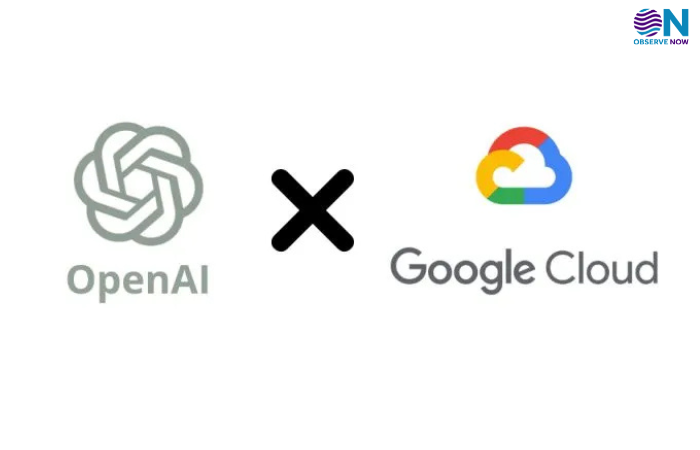OpenAI Taps Google Cloud Amid Soaring AI Compute Demands

OpenAI has expanded its cloud partnerships by adding Google Cloud as a key infrastructure supplier, a move formalized in May 2025. This follows months of high-level discussions and comes as OpenAI seeks to meet the explosive demand for computing power needed to train and operate its advanced models, including ChatGPT.
Until early this year, OpenAI relied exclusively on Microsoft Azure. However, evolving strategic and technical dynamics prompted a shift toward diversifying compute sources. By incorporating Google Cloud alongside existing partners like Microsoft, Oracle, and CoreWeave, OpenAI aims to mitigate risk, gain pricing flexibility, and draw from a broader pool of data-center resources.
The alliance with Google is particularly significant given that the two companies develop competing AI technologies. Nonetheless, OpenAI’s decision reflects a pragmatic focus on infrastructure scale: with global usage of its models expanding rapidly, securing reliable GPU and TPU capacity has become a top priority.
This multi-cloud strategy is part of a wider OpenAI infrastructure initiative known as “Stargate,” a multibillion-dollar effort jointly backed by SoftBank, Oracle, and CoreWeave to build massive AI compute facilities. Adding Google Cloud not only reduces dependence on any single provider but also ensures that OpenAI can scale infrastructure globally—across regions including North America, Europe, and Asia—without constraints.
For Google Cloud, securing OpenAI as a customer is a major win. Competing with Amazon AWS and Microsoft Azure in the AI infrastructure race, this partnership highlights its growing credentials for servicing high-performance AI workloads.
By embracing a diverse, multi-cloud architecture, OpenAI is positioning itself to meet the computing horsepower demands that define the next era of AI scale. This strategic shift mirrors the changing priorities of elite AI developers—where flexibility, capacity, and resilience outweigh legacy allegiances.
















